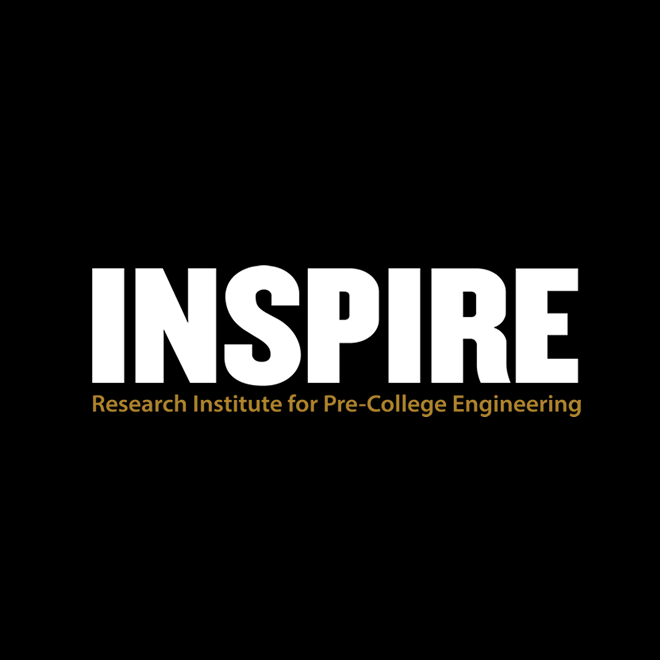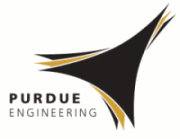Author ORCID Identifier
Abstract
The purpose of this research study is to understand teacher experiences throughout their second year of engagement in the Virginia Tech Partnering with Educators and Engineers in Rural Schools partnership. This partnership is an assets-based community partnership in a rural environment between middle school teachers, regional industry, and university affiliates that is focused on implementing recurrent, hands-on, culturally relevant engineering activities for middle school students. This qualitative study uses constant comparative methodology informed by grounded theory on teacher interviews to capture both teacher experiences in the partnership as well as teacher-identified assets in their classrooms and school communities. Using the sensitizing concepts of pedagogical content knowledge, self-efficacy, and the Interconnected Model of Teacher Growth, this study found that while teachers experienced the program differently depending on their contextual setting of their schools, all teachers expressed shifts in their recognition of and value placed on community assets. Findings also suggest that teachers greatly value involving industry and university partners in the classroom to highlight the applications of engineering in their communities and support a reimagination of engineering conceptions and careers for both students and teachers. Teachers reported that the hands-on, team-based, culturally relevant engineering activities engaged learners and showcased individual strengths in ways they otherwise do not see exhibited in their traditional curriculum. The partnership ultimately allowed teachers to identify how assets in schools’ rural communities, beyond those previously identified within their schools, could aid them in further developing and implementing engineering activities. With teachers serving as role models for students, it is important to support teachers’ reimagination of engineering conceptions and integration into the classroom to ultimately increase students’ engineering engagement. Our findings highlight the value of community-based approaches in supporting engineering integration in the classroom and describe the assets that teachers note as being the most significant in their community.
Recommended Citation
Paradise, T.,
Schilling, M. R.,
Grohs, J.,
&
Laney, J. L.
(2022).
Teacher Experiences in a Community-Based Rural Partnership: Recognizing Community Assets.
Journal of Pre-College Engineering Education Research (J-PEER), 12(1), Article 3.
https://doi.org/10.7771/2157-9288.1316
Included in
Junior High, Intermediate, Middle School Education and Teaching Commons, Secondary Education Commons


